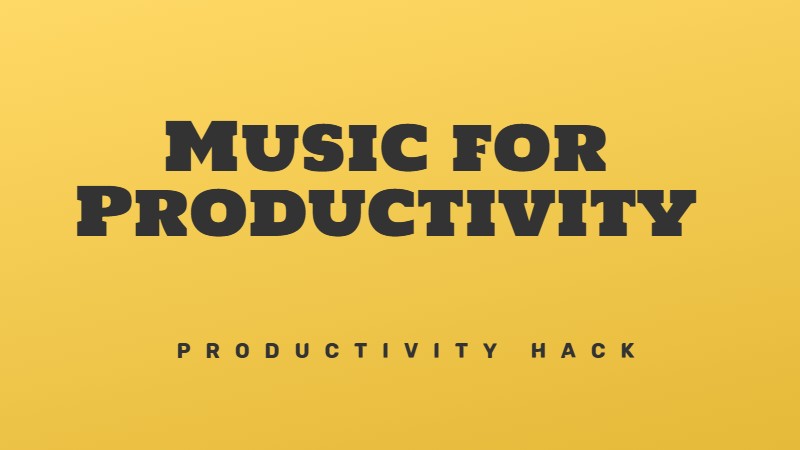I saved time and money for big two-week getaways for years, thinking longer trips meant better rest. But research tells a different story: our brains register novelty more than duration. A short change in routine can trigger the same mental refresh as extended travel.
Harvard scientists have found that happiness peaks during anticipation before a trip and starts declining after just three days away. Multiple brief breaks create several happiness spikes throughout the year instead of one big surge followed by a crash back to reality.
I tested this theory with four mini-vacations spaced over six months. Each lasted only 2-3 days and stayed within driving distance. I played tourist in nearby towns I’d normally zip through, exploring local museums and restaurants. I camped under the stars and hiked trails at sites just a few hours from home that somehow felt worlds away.
What surprised me most was the quality of these experiences. I smiled more during these short trips than on my “bucket list” vacations. Without jet lag, language barriers or pressure to see everything, I felt more present. I connected more deeply with each experience. I returned home with genuine energy instead of needing “a vacation from my vacation.”
Mini-vacations aren’t just budget alternatives to “real” travel. According to science, they might be the smartest way to structure joy.
What are mini-vacations?
Mini-vacations, often called staycations, are short breaks you take without travelling far from home. They might involve staying in your own house, booking a local hotel room, or taking day trips to nearby attractions. The key is creating a vacation mindset without the travel stress.
As one mental health resource puts it, staycations allow you to “escape from your everyday routine without the need for extensive travel” while still getting the benefits of a traditional vacation.
Why mini-vacations work
Research has found that people who travel report higher levels of happiness than those who never or rarely travel, and that simply spending time in a different area or trying a new experience can lead to increased happiness and well-being.”
But here’s the fascinating part: “The psychological benefits of a vacation wear off after about two months,” explains Alex Soojung-Kim Pang, author of Rest and The Distraction Addiction. “So if you aim to maximise your happiness, shorter vacations are the way to go.”
This means frequent mini-vacations throughout the year might boost your happiness more effectively than one big trip.
The benefits of mini-vacations
Taking mini-vacations helps your brain in several ways:
How to plan your perfect mini-vacation
Step 1: Create boundaries
Set clear work boundaries. Treat your mini-vacation like a traditional vacation by setting clear boundaries with work and other responsibilities. Turn off notifications, set an out-of-office message, and resist checking emails.
Step 2: Find your joy-boosters
What activities bring you happiness? As Sarah Pressman, professor of psychological science at the University of California, Irvine, suggests, think about what you loved most about your favourite vacations, then try to find a mini version of that.
If you loved biking on vacation, plan a weekly bike ride. If you enjoyed exploring new places, visit a nearby town and wander like a tourist.
Step 3: Mix rest and activity
Balance relaxation with stimulation. Your brain needs both to recharge properly:
For rest:
For activity:
Step 4: Make it special
Small touches create the vacation feeling:
Mini-vacation ideas you can try now
The self-care retreat
Transform your home into a spa retreat. Soaking in warm water helps increase endorphins, the so-called ‘happy hormones,’ which can boost your mood and help you feel calmer and more focused. Add face masks, relaxing music, and healthy snacks.
The local tourist
Staycations give you “an opportunity to explore your own city” and the chance to finally make a quick trip to that charming, nearby town to visit museums, local historical sites, shops, and restaurants. Visit attractions in your area that tourists love but you’ve never seen.
The nature immersion
Spend a day or weekend connecting with nature. Heading outdoors is a great way to get away from everything. Visit local parks, gardens, or nature reserves.
The digital detox
Turn off all devices for 24-48 hours. A staycation frees you from the stress of DOING and serves as a psychologically luxurious experience where you can disconnect and reconnect with yourself.
The learning vacation
Engaging in hobbies and creative pursuits is linked to increased happiness. Try a new skill you’ve wanted to learn: cooking, painting, language learning or dance.
How to maintain the vacation feeling
The benefits of mini-vacations can last longer if you:
Why mini-vacations work better than big trips
Mini-vacations have unique advantages over traditional travel:
When you need it most
Mini-vacations are particularly valuable during:
When planning your mini-vacation, remember that it does not have to be an expensive and luxurious journey. Instead, it focuses on bringing relaxation, happiness, and relief to your life.
Take action now
Your happiness doesn’t need to wait for the perfect time or destination. This weekend, you could:
The science shows that these small breaks can build into significant happiness gains over time. Your mini-vacation awaits. No passport required.




Giv feedback om dette